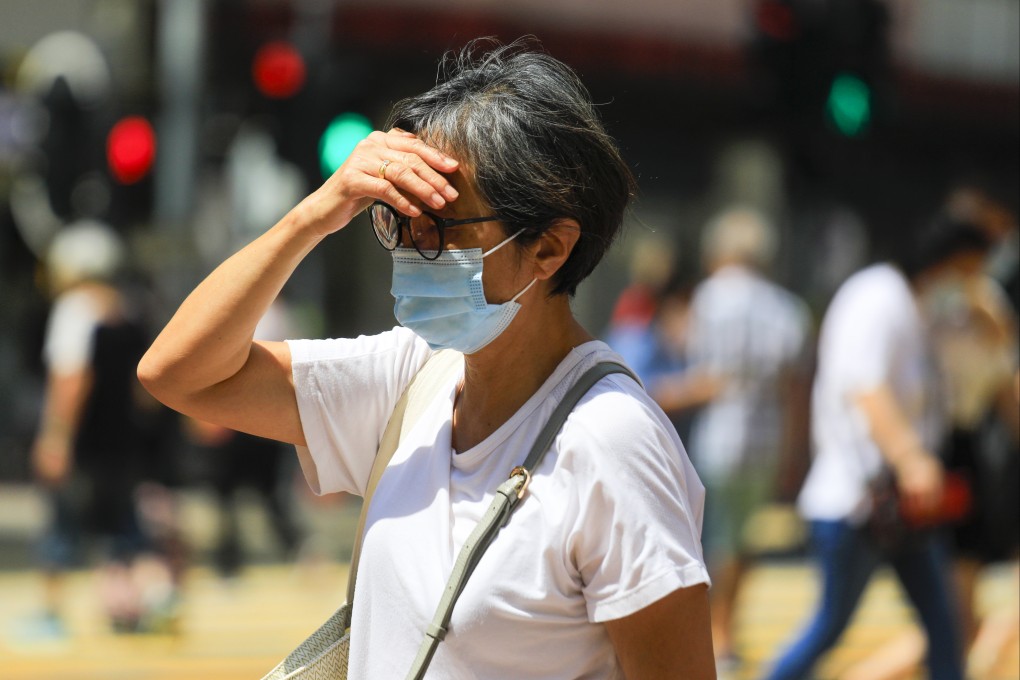Advertisement
Letters | Why Hong Kong’s exit from Covid-19 restrictions mustn’t be a race to the finish line
- Readers discuss the need for caution when lifting pandemic restrictions, the impact of strict measures on schoolchildren, and the health risks facing outdoor workers during hot weather
Reading Time:3 minutes
Why you can trust SCMP
10

Feel strongly about these letters, or any other aspects of the news? Share your views by emailing us your Letter to the Editor at [email protected] or filling in this Google form. Submissions should not exceed 400 words, and must include your full name and address, plus a phone number for verification.
It’s easy for us laypersons to criticise the government for maintaining strict measures to control the spread of Covid-19. Of course, it is not hard to understand the frustration felt, especially when most countries with much higher infection and death rates have prioritised the economy over health and adopted a “lying flat” strategy.
Yet Hong Kong is still recording around 4,000 cases a day, and is seeing a handful of deaths every day. Furthermore, our vaccination rate is still below what is needed to protect the city against this serious disease.
Advertisement
Among the huge number of people unwilling to get vaccinated, there are thousands using fake vaccine exemption certificates. These unvaccinated people are susceptible to infection and more likely to spread the virus at restaurants, bars and other social venues. This is not like jaywalking, where the culprit poses a danger largely to himself, but instead aggravates the community infection and death rates.
Our government does not want to fail through lack of a final effort and is right not to “dig half a hole” (“Hong Kong shouldn’t just reopen halfway”, October 1) but to proceed step by step to secure a thorough recovery. As a result of the fake certificate infection chain being effectively cut off, the infection rate should drop, and when the government is certain that there will be no surge in infection and death rates, it will move to more fully ease restrictions.
Advertisement
Finally, we must remember that Covid-19 is not mild like the seasonal flu, judging by the seriousness of some cases and the number of deaths it can cause, not to mention the risk of developing long Covid.
Advertisement
Select Voice
Choose your listening speed
Get through articles 2x faster
1.25x
250 WPM
Slow
Average
Fast
1.25x